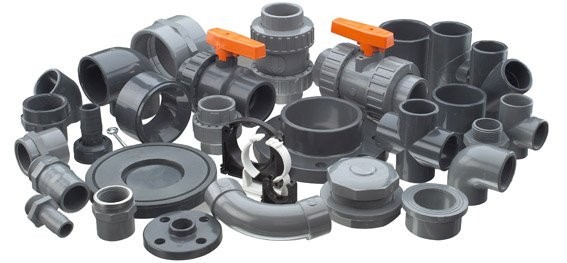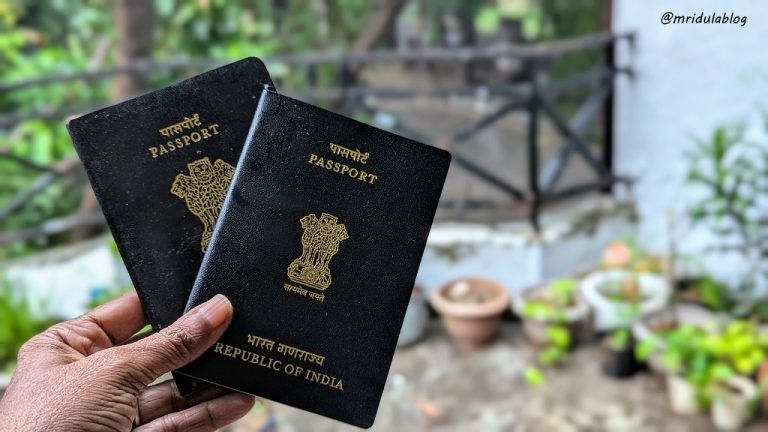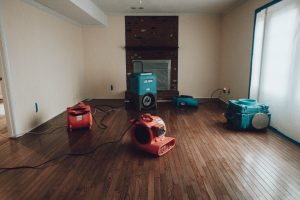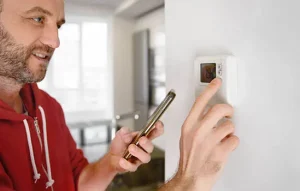PVC (Polyvinyl Chloride) pressure fittings have become a ubiquitous and invaluable component in modern construction projects. Their versatility, durability, and cost-effectiveness make them a top choice for a wide range of applications across the construction industry. In this article, we will explore some of the common applications of PVC pressure fittings in today’s construction projects.
Residential Plumbing
One of the most prevalent uses of PVC pressure fittings is in residential plumbing systems. PVC pipes and fittings are known for their excellent corrosion resistance, making them ideal for transporting potable water and wastewater. Whether it’s for water supply lines, drainage systems, or sewage pipes, PVC pressure fittings are an integral part of the plumbing infrastructure in modern homes.
Benefits in Residential Plumbing
- Corrosion Resistance: PVC pressure fittings do not rust or corrode over time, ensuring the longevity of plumbing systems.
- Leak Prevention: These fittings offer tight, leak-resistant connections, reducing the risk of water damage and associated repairs.
- Cost-Efficiency: PVC fittings are cost-effective compared to traditional metal alternatives, making them a budget-friendly choice for homeowners.
Agricultural Irrigation
Agriculture heavily relies on efficient irrigation systems to ensure crop growth and yield. PVC pressure fittings play a crucial role in agricultural irrigation setups, providing durable and reliable connections for water distribution. These fittings are compatible with various pipe sizes and can withstand the harsh outdoor conditions often encountered in agriculture.
Benefits in Agricultural Irrigation
- Chemical Resistance: PVC is resistant to chemicals commonly used in agriculture, ensuring that the fittings remain intact in the presence of fertilizers and pesticides.
- Easy Installation: PVC pressure fittings are easy to install, reducing labor costs and downtime during system setup.
- Low Maintenance: Once installed, PVC fittings require minimal maintenance, saving farmers time and money in the long run.
Swimming Pool Construction
PVC pressure fittings are essential components in the construction of swimming pools. They are used for the circulation and filtration systems, as well as for connecting pool heaters, pumps, and water features. PVC’s resistance to chlorine and other pool chemicals makes it a suitable choice for these applications.
Benefits in Swimming Pool Construction
- Chemical Resistance: PVC fittings can withstand exposure to chlorine and other pool chemicals without deteriorating.
- Durability: PVC pressure fittings are known for their durability, ensuring the longevity of pool infrastructure.
- Smooth Flow: The smooth interior of PVC pipes and fittings ensures efficient water circulation, maintaining pool water quality.
HVAC Systems
Heating, Ventilation, and Air Conditioning (HVAC) systems rely on PVC pressure fittings for their ductwork and piping needs. PVC’s insulating properties, coupled with its ability to maintain airtight connections, make it a preferred material for HVAC applications.
Benefits in HVAC Systems
- Insulation: PVC has excellent insulation properties, reducing heat loss in HVAC systems.
- Airtight Seals: PVC pressure fittings provide airtight seals, preventing air leaks and improving energy efficiency.
- Resistance to Moisture: PVC is resistant to moisture, preventing the growth of mold and mildew within HVAC ducts.
Industrial Piping
In industrial settings, where chemical resistance and robustness are paramount, PVC pressure fittings find extensive use. They are employed in the transportation of various chemicals, acids, and bases. The material’s resistance to corrosion and its ability to withstand extreme temperatures make it a reliable choice for industrial piping.
Benefits in Industrial Piping
- Chemical Resistance: PVC fittings can handle a wide range of chemicals, ensuring the safe transport of industrial fluids.
- Temperature Tolerance: PVC can withstand both high and low temperatures, making it suitable for diverse industrial applications.
- Longevity: PVC pressure fittings have a long service life, reducing the need for frequent replacements.
Conclusion
PVC pressure fittings have become an indispensable part of the construction industry, serving diverse applications across residential, agricultural, commercial, and industrial sectors. Their durability, chemical resistance, and cost-effectiveness make them a go-to choice for contractors and builders. As technology continues to advance, PVC fittings are likely to play an even more significant role in shaping the future of construction. Understanding their versatility and benefits is essential for anyone involved in the construction and infrastructure development sectors.






+ There are no comments
Add yours